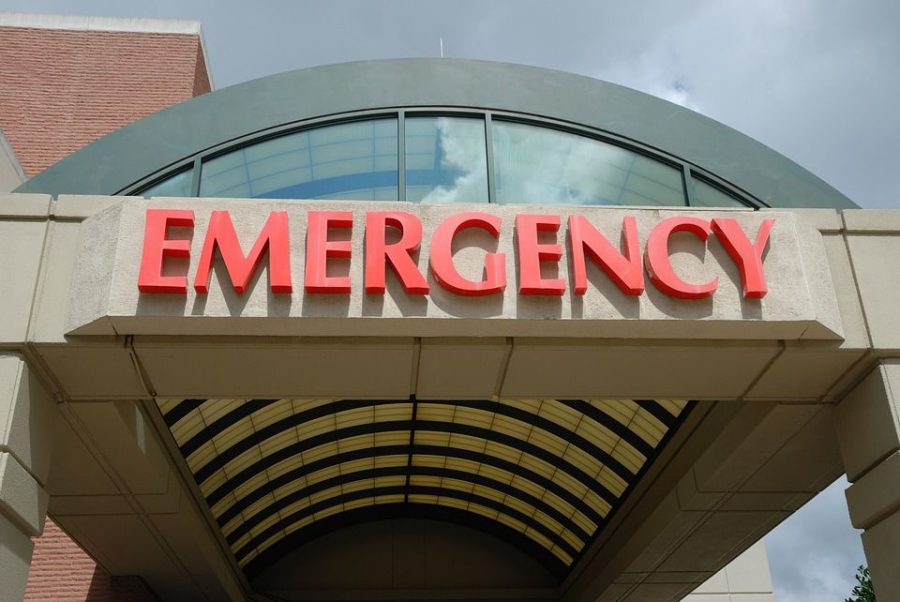A federal report by the US Department of Health and Human Services showed that Massachusetts had the highest opioid-related hospital visits. The report looked at data from 30 states in the year 2014—which is the latest year they have data for.
The report showed that for every 100,000 residents in 2014, more than 450 visits to the emergency room were opioid-related. It was estimated that the rate was 71 percent higher than in 2009. Which is close to the national rate which also saw an increase of 65.5 percent. Massachusetts Health Policy Commission’s spokesman Matthew Kitsos said in a preliminary analysis last week that opioid-related emergency departments and inpatient stays saw an increase in 2015.
Massachusetts was not the only New England state with high opioid-related hospital visits. Rhode Island had the third highest rate of about 298 visits, Connecticut had the fifth–highest with 255 visits and Vermont was sixth with about 224 visits per capita. Though not a part of New England, Maryland was second. The data for New Hampshire and Maine were not available—they are a part of the 20 states for which no data is available.
The rates for opioid-related hospital visits were high for males between the ages of 25 and 44 years old. The data showed that these people are more likely to be from low-income zip codes and large urban areas. When compared to the demographic trends for in-patient stays in Massachusetts, the rates of in-patient stays were high for residents of small metropolitan and rural areas.
A study released last year by the Massachusetts Health Policy Commission found that Berkshires, Southeastern Massachusetts, and the Lawrence-Lowell area had the highest concentration of residents who visited hospitals for opioid-related issues. It also identified several “hot spot communities” which included Boston, Holyoke, the Leeds village of Northampton, Lynn, Pittsfield, Springfield, and Worcester.
Many factors seem to contribute to the high opioid-related hospital visits, Joanne Peterson, founder and executive director of a Taunton-based nonprofit, Learn to Cope, expressed that the high rates of hospitalization in Massachusetts is not just because of nonfatal overdose cases but because many people are encouraged to go the emergency room when they cannot find treatment elsewhere.
Hospitals are trying to accommodate these patients by adding more beds. Peterson noted that even though efforts are being made to accommodate opioid-related visits, the crisis has grown.
She stated, “Hospitals are still overwhelmed with people waiting for help. We still have a lot of work to do. The good news is there’s more and more people in different sectors working on this.”
A synthetic opioid, fentanyl is said to be the factor behind the significant increase in opioid related ER visits and over doses.
In an interview with the Boston Globe, Traci Green, Deputy Director of the Boston Medical Center Injury Prevention Center said, “If anything, these data are just the tip of the fentanyl effect.” She continued, “Fentanyl is what is driving everything right now.”
The opioid epidemic is a big problem in Massachusetts; however, no one expected Massachusetts to lead the country by having the most opioid-related hospital visits. This could be because Massachusetts has made a lot of efforts to combat this issue. The Department of Public Health suspects that there is as much as 1,979 overdose deaths in the state in 2016. Opioid overdoses seem to increase each year. It has been a trend where opioid overdoses increase every year, one has to wonder when it will slow down. However, some state officials believe the reason why MA has the highest rate of opioid-related hospital visits has to do with the fact that the use of emergency rooms are higher in the state because of our “near-universal health insurance coverage,” The Globe reported.
Massachusetts Leads the Nation With Highest Opioid-Related ER Visits
April 7, 2017





















































